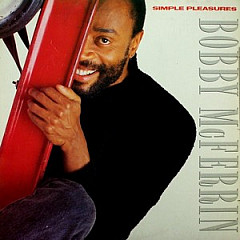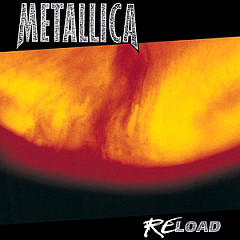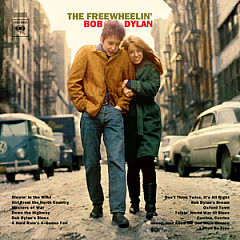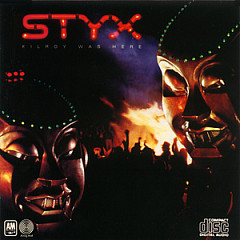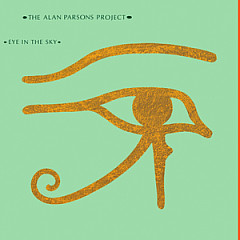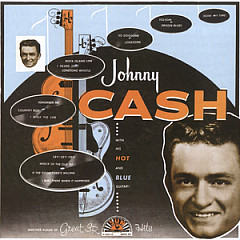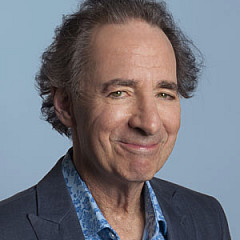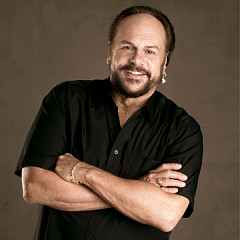Travis frontman Fran Healy told the story of this song in a blog post written at the time this song was recorded. He wrote: "This song is, for me, where the whole record turned a corner during the writing process. It came from a riff I played whilst trying out a guitar pedal, sitting on the bust up old sofa in the Vintage & Rare guitar shop in Denmark Street, London.
I had picked up a Fender Telecaster copy and had it going through a little practice amp to test some pedals. The first thing played was the riff that became 'J. Smith.' It came from nowhere. The strange thing was, I knew immediately these chords were important in some way. They came exactly as they appear in the song, in order and rhythm. A week later I got delivery of a new Vox AC30 amplifier. It sounded awesome. The first thing I played was the chords from vintage and rare a week before. They sounded even better. When Neilly [Primrose, drummer] arrived I played the chords and he played along and instantly played the pattern. It is the best drum line Neilly has ever done. Then during this, Dougie [Payne, bassist] came in. As he was pulling on his bass, I heard a melody in my head that sounded like it would make a great vocal. It came with the lines 'There's a man on the street and he da da da dee from his window...' so I jumped across the room and started the Pro Tools rig recording through the couple of mics we had up around the room, incase I forgot anything. Dougie then picked up the bass line like he'd been practicing it all week yet he hadn't heard this ever. It was weird. With the bass and drums locked in, the rest of the song began to roll out, lyrics and all.
Andy [Dunlop, guitarist] arrived in the middle of this and casually switched his amp on and sat listening for a couple of minutes before doing his first screech on guitar, kind of Jimi Hendrix vibe, sparse then picking it up with some really gentle arpeggio to later unleash the beast that has been locked away since the solo of 'All I Want To Do Is Rock.' The song kind of wrote itself after that. My favourite line is 'And he swears at the sun and he curses the moon for his shadow.' There isn't a bit of fat on the song. Every note, every beat, is perfect.
Back to the mix and within a couple of hours Emery [Dobyns, producer] was done. We asked the studio manager, Lee to come and have a listen. He looked dumbstruck. 'Can I hear that again... it's awesome.'
Such a lot happens in this song in a very short space of time. The main body of the song is 2 and a half minutes and the outro takes it to 3 minutes, and it leaves everyone that has heard it with the same puzzled face. Luke [Pritchard] from the Kooks said it was mental. Paul McCartney said it sounded like nothing else we had done."
In the same blog, Healy explained how he came up with the song's title. He wrote: "The title came about whilst driving through the fog towards Stansted airport one Saturday morning a couple of days after it was written. I was thinking the song is about a guy, a nameless guy. What could I call him? I wondered where Bowie had got Ziggy Stardust from, I wondered who this character could be. What was his story. As the mist cleared I realized the best name to give him was the most mundane, common name possible. So he was christened J. Smith and as the song is about him, it too got saddled with that name. To name our most elaborate almost dare I say proggy song to date with the most run of the mill name is quite cool I think."
Healy revealed the reasoning behind the album title: "The album is called Ode to J.Smith partly giving a heads up to the key song and partly because all the songs are written about nameless characters or to nameless characters."
According to Healy, J. Smith is contemplating suicide but his radio makes the decision for him when it falls into the bathtub and electrocutes him. Smith goes to Heaven but the angels cast him down to Hell, which ends up being Earth. "When he gets to Heaven I wanted to have this chorus of angels speak to him in Latin, and I got my ex-girlfriend's father, who could speak Latin fluidly, to translate my lyrics into Latin, and then I gave them to a choir," he told
Jaxsta in 2020. "And when they're saying 'Carbo in culo in aeternitatem,' which is what the angels sing at the end when it gets a bit rocky, it's like an ancient curse saying, 'F--k off, coal in your arse forever.'"
The band received some not-so-constructive criticism from singer-songwriter Ryan Adams, who was hanging out in the studio when the song was being mixed. Healy recalled: "When we were mixing it I was in Electric Lady Studios and Ryan Adams came in, and at the end of the song he put his head in his hands and sat there really quietly for about 20 seconds and then just got up and went, 'That's f--king mental.' And I was like, wow, man, that's a bit rich coming from you."
This is the lead single from Travis' sixth studio album. After working with Beatles engineer Geoff Emerick in a speedy session for a BBC program celebrating the 40th anniversary of the Fab Four's Sgt. Pepper's Lonely Hearts Club Band in 2007, Healy wanted to emulate the process for Ode To J. Smith. It was recorded in just two weeks at RAK Studios in London with producer Emery Dobyns.

